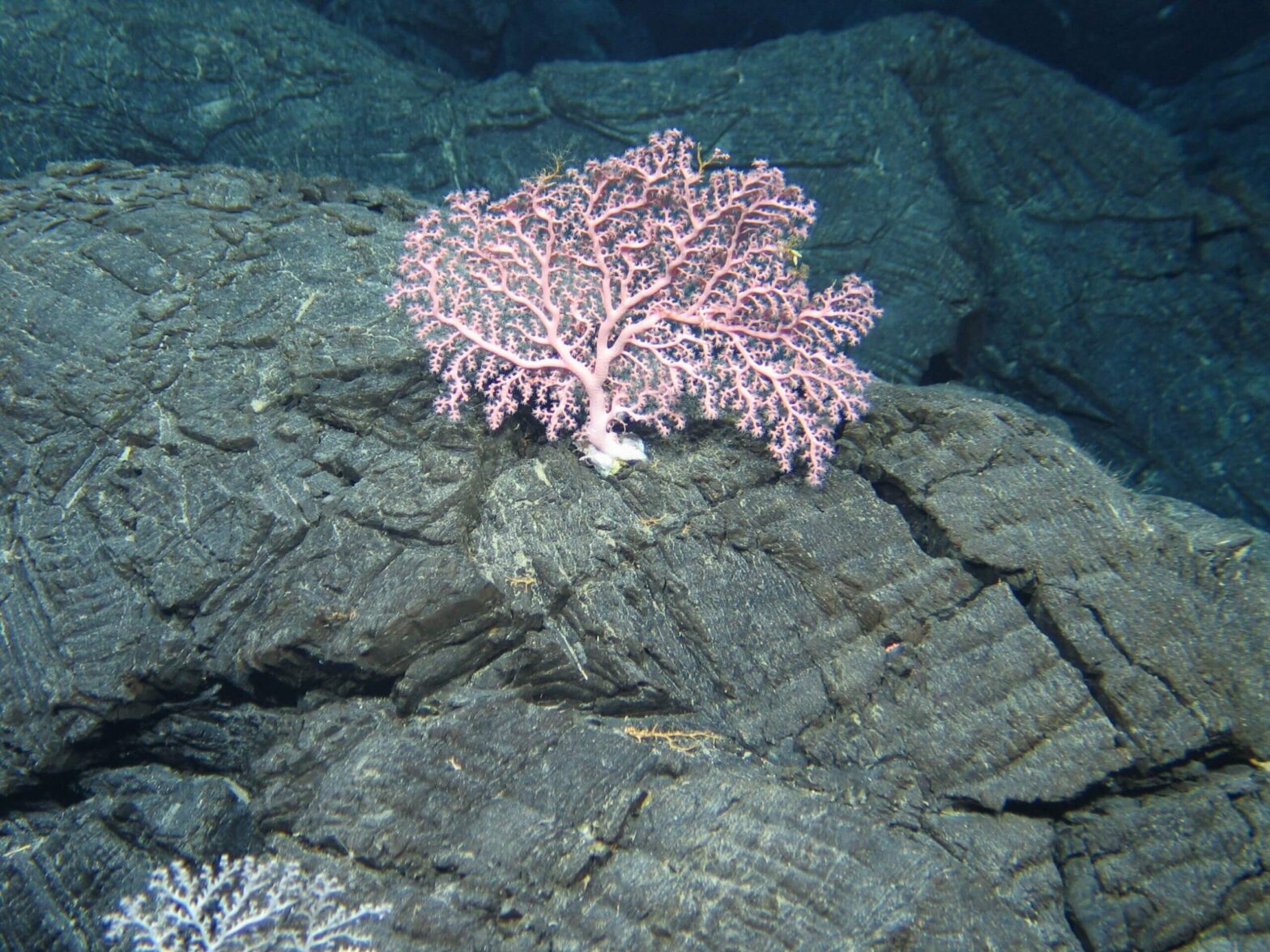Deep-sea mining: Moratorium against impending destructive exploitation
Scientists, environmental organisations and political decision-makers warn: deep-sea mining can destroy large parts of the seabed along with its inhabitants and in the long term, affect the habitats of many marine creatures. A moratorium is intended to prevent this.
Up to now, the search for minerals in the deep sea has been restricted in scope. Now, various states and companies are pushing for permission to mine such raw materials. In June 2021, the Pacific island nation of Nauru filed a request with the International Seabed Authority to create the legal framework for this by 2023.
Risks for marine life
Any regulations governing deep-sea mining must be based on solid scientific data that will protect life in the deep-sea from harm. In order to create the corresponding principles, major research efforts must first be undertaken. It is also necessary to wait until global guidelines for reducing the demand for resources and for transforming the economy into a circular economy are drawn up.
All this takes time. That is why OceanCare supports the call by scientists, environmental organisations and politicians to ban deep-sea mining by imposing a temporary moratorium. Even companies like BMW, Volvo, Volkswagen, Scania, Samsung, Philips, Google or the Patagonia clothing brand are in favour of such a step, and various major banks are voluntarily opting not to invest in deep-sea mining.
OceanCare considers it is irresponsible to initiate deep-sea mining before the environmental risks have been fully investigated. Mineral extraction can have devastating consequences for marine life. Moreover, since the ecology of the deep sea and its relevance for the planet have hardly been researched, it is impossible to foresee the extent of its impact.
It is unclear whether minerals from the sea will be needed at all. With their focus on renewable energies for instance, proponents of deep-sea mining predict increasing demand. They ignore the factor of technological innovation, which aims to minimise the use of scarce or difficult-to-access metals. The recycling of high-value raw materials is also gaining in importance. It must also be taken into account that deep-sea mining can undermine the goals of the energy revolution by disrupting the storage of CO2 in the sea.
Concentrated effort to protect the deep sea
In 2021, OceanCare became a member of the Deep Sea Conservation Coalition (DSCC), which is committed to protecting the deep-sea from the threats posed by mining and fishing. We contribute our many years of expertise in international processes to this coalition and support its approach with regard to a moratorium. The focus here is on adverse acoustic impact caused by deep-sea mining.
OceanCare is also pressing the International Seabed Authority and the negotiating body for a new UN High Seas Agreement to regulate human activities in international waters on a scientific basis, both consistently and effectively.
